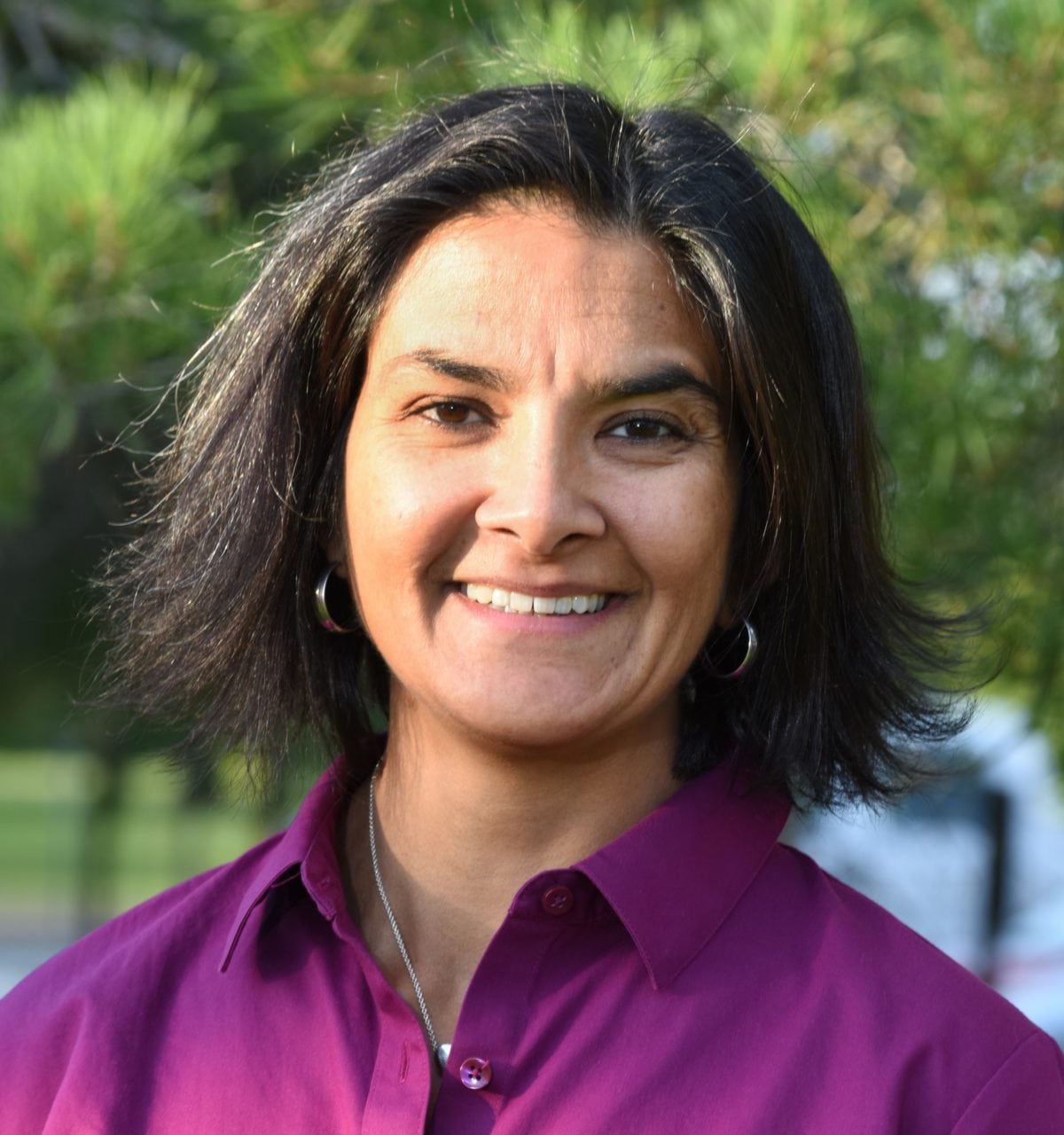
The nominee to lead the U.S. Energy Department’s Office of Nuclear Energy on Thursday pledged to follow the law when it comes to disposal of nuclear waste – which for now means supporting the Yucca Mountain repository in Nevada.
Rita Baranwal was among three…